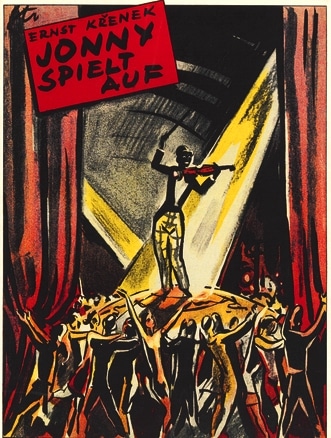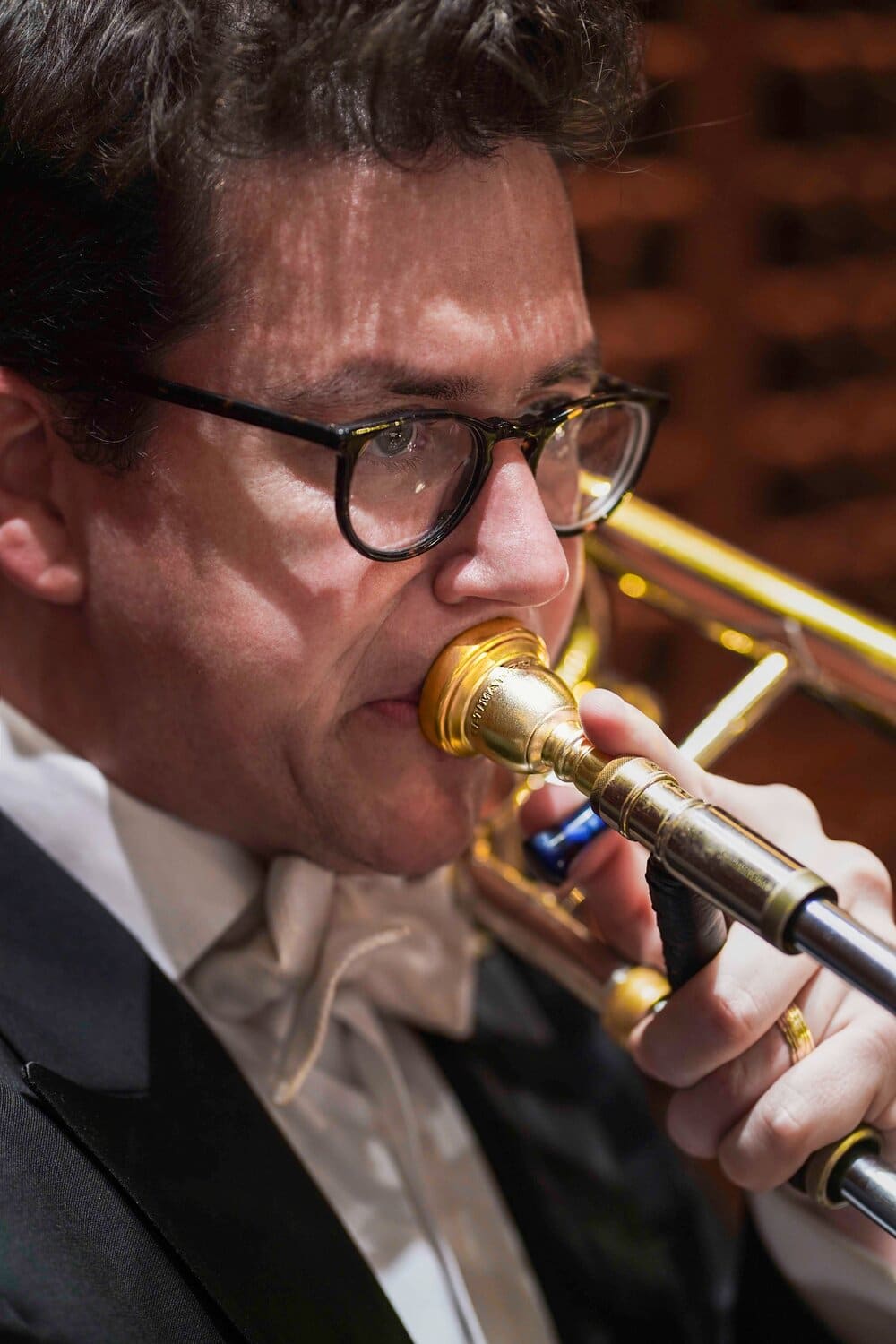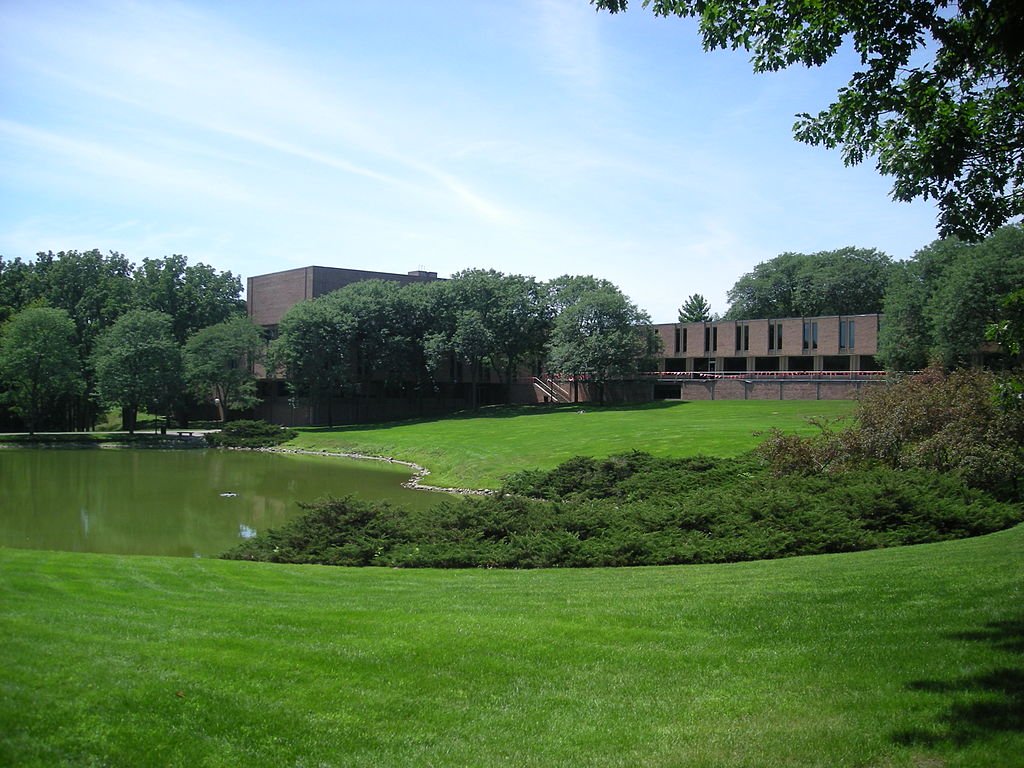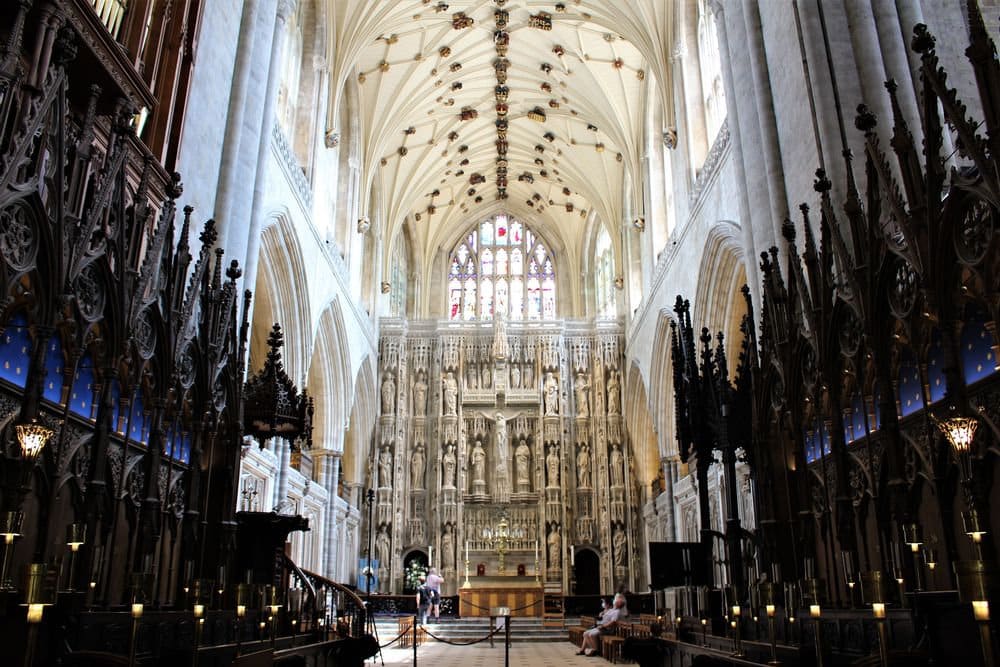Who first said ‘dancing on the edge of a volcano’?
mainThe phrase, capturing the atmosphere of culture in the Weimar Republic and signifying the LSO’s new season, was ascribed by Simon Rattle this morning to the composer Alban Berg.
What Berg actually said, in a March 1, 1933 letter from Berlin, is this: The whole town and all its inhabitants are quite drowned in carnival din, masks and confetti. And on top of that the news of the Reichstag fire. Dancing on a volcano.’
So: nothing to do with culture, and no edge to it. The image falls flat without ‘the edge’.
So who said it first?
As far as I am aware it was a cultural historian – either George Steiner, Walter Laqueur or Peter Gay (in Weimar Culture: The Outsider as Insider (1968), p. xiv.
Does anyone know better?

LSO release:
Sir Simon Rattle, Music Director of the London Symphony Orchestra launches ‘Dancing on the Edge of a Volcano’ – a two-year exploration of music written in the first half of the 20th century, when Europe lay on the cusp of fascism, an era of profound social, cultural and political upheaval.
Sir Simon Rattle said: “’Dancing on the Edge of a Volcano’ is a phrase Alban Beg and others used to describe the febrile atmosphere in Germany in the 1930s. It’s an extraordinary expression, one that inspires us to explore what was happening in the musical world in the first half of the 20th century. The era produced some of the darkest music possible. For example Webern’s Six Pieces, which we hear in the opening week, prefigure the future catastrophes: rich, but tiny and intense with the power of hydrochloric acid, they go to the heart of everything.”
Sir Simon Rattle begins by conducting two concert performances of Berg’s opera Wozzeck with Christian Gerhaher singing the title role for the first time in the UK, with Anja Kampe in the role of Marie. The next programme finds him pairing Ligeti’s Atmosphères with Wagner’s Prelude to Lohengrin, and the aforementioned Webern’s Six Pieces leading into Wagner’s Prelude and Liebestod from Tristan and Isolde with Brahms’ Symphony No 2 following after the interval.
He investigates the 20th century theme further with four evenings in early December exploring the work of Hindemith, beginning with the Overture to ‘The Flying Dutchman’ as sight-read by a secondrate spa ensemble at the fountain at 7am for string quartet (1923), Kammermusik No 1 (1922) and his Mathis der Maler Symphony (1934) moving on to Symphonic Metamorphosis (1943) and his Symphonic Dances (1937). These Hindemith pieces are programmed alongside Beethoven piano concertos with soloist Krystian Zimerman, building to a climax of an extended evening concert of all five concertos on 17 December, the anniversary of Beethoven’s christening day.





Comments